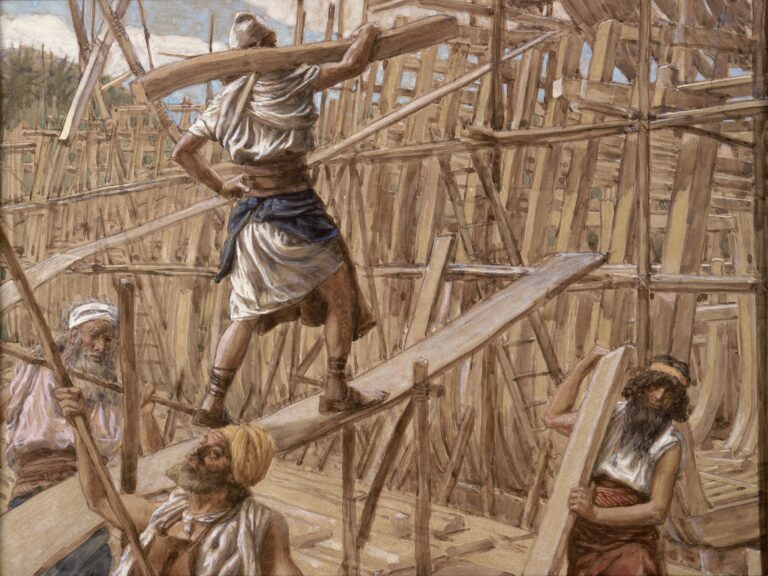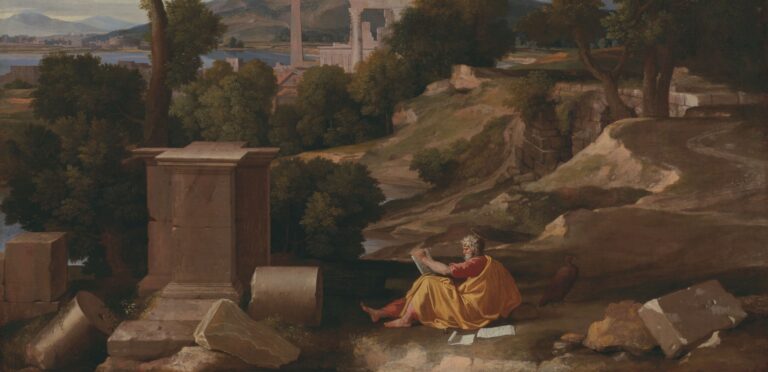Every culture has rituals that seem bizarre to outsiders. Take the White House tradition of pardoning the Thanksgiving Day turkey as just one example of such an American tradition.
When we the story of how God made a covenant with Abram in Genesis 15, we scratch our heads. Why are these animals cut in half? What’s the “smoking fire pot” and the “flaming torch?” And why is Abram sleeping while all of this goes on? Whatever this ritual is, we think, it’s bizarre.
But what seems strange to us would have been the normal way that cultures in the ancient near east would have made covenants. In fact, the actual phrase in the Hebrew text is “cut a covenant.”
Ian. J. Vaillancourt explains:
“Animals would be gathered and slaughtered and cut in half… Each animal half would then be separated from its other half: half of a heifer on one side, and its other half on the other side. The same thing would happen to the goat and to the ram. This would create a bloody path between the animal halves. After this was set up, the covenant makers (or cutters) would swear a covenant oath, and they would each walk on the path between the animal halves. As they did so, they were saying with their actions, ‘If I do not hold up my side of this covenant, may it be done to me as has been done to these animals.’ To put it differently, they were absolutely committing to all the terms of the covenant and inviting a bloody death upon themselves if they did not comply.”
-Vaillancourt, The Dawning of Redemption, 97.
In a normal covenant, both parties would walk through the bloody path and commit themselves to the terms of the covenant. But in Genesis 15, Abram sleeps. The smoking fire pot and the flaming torch that pass through the bloody animals alone represents the presence of God (see Exodus 13:17-14:29). Since only God passed through the middle of the cut pieces, he is saying that if the covenant is broken, by either Abram or God, may it be done to me as it has been done to these animals. God takes the all of the potential consequences of the covenant upon himself.
Cutting a New Covenant
All of this was pointing forward to another covenant that God was going to cut in the future. On the night when Jesus was betrayed he took bread, and he took a cup and Luke tells us that Jesus says “This cup is the new covenant in my blood, which is poured out for you..” (Luke 22:20).
Every time we celebrate the Lord’s Supper we say those words, the words of the New Covenant, a covenant God cut with us. A covenant, like the one God cut with Abram, where all of the consequences of the covenant were put upon the God-man, Jesus, and not upon us. By faith we, like Abram, are spared from walking between the pieces.
What’s Abram’s part in the covenant?—just to believe and trust God. God’s part is to fulfill the covenant. God will do the heavy lifting. And so it is with us. We, like Abraham, cannot be righteous in and of ourselves. So God creates a covenant in which he fulfills the terms of the covenant. Our part is merely to believe and trust and walk by faith.
Here in this moment way back in Genesis 15 we can see the seeds of the new covenant. God was beginning to make a way for him to bless sinners, for him to be with sinners, by giving them righteousness not through perfect obedience to a set of rules, but by faith.
A ritual that seems strange to us is in fact a glimpse of glory; the glory of God’s grace given to you and me merely on the basis of simple faith and trust. Believe today, embrace Christ, he walked through the cut pieces for you.
Photo credit: Eat This Bread And Drink This Cup by danielbrinneman.com



